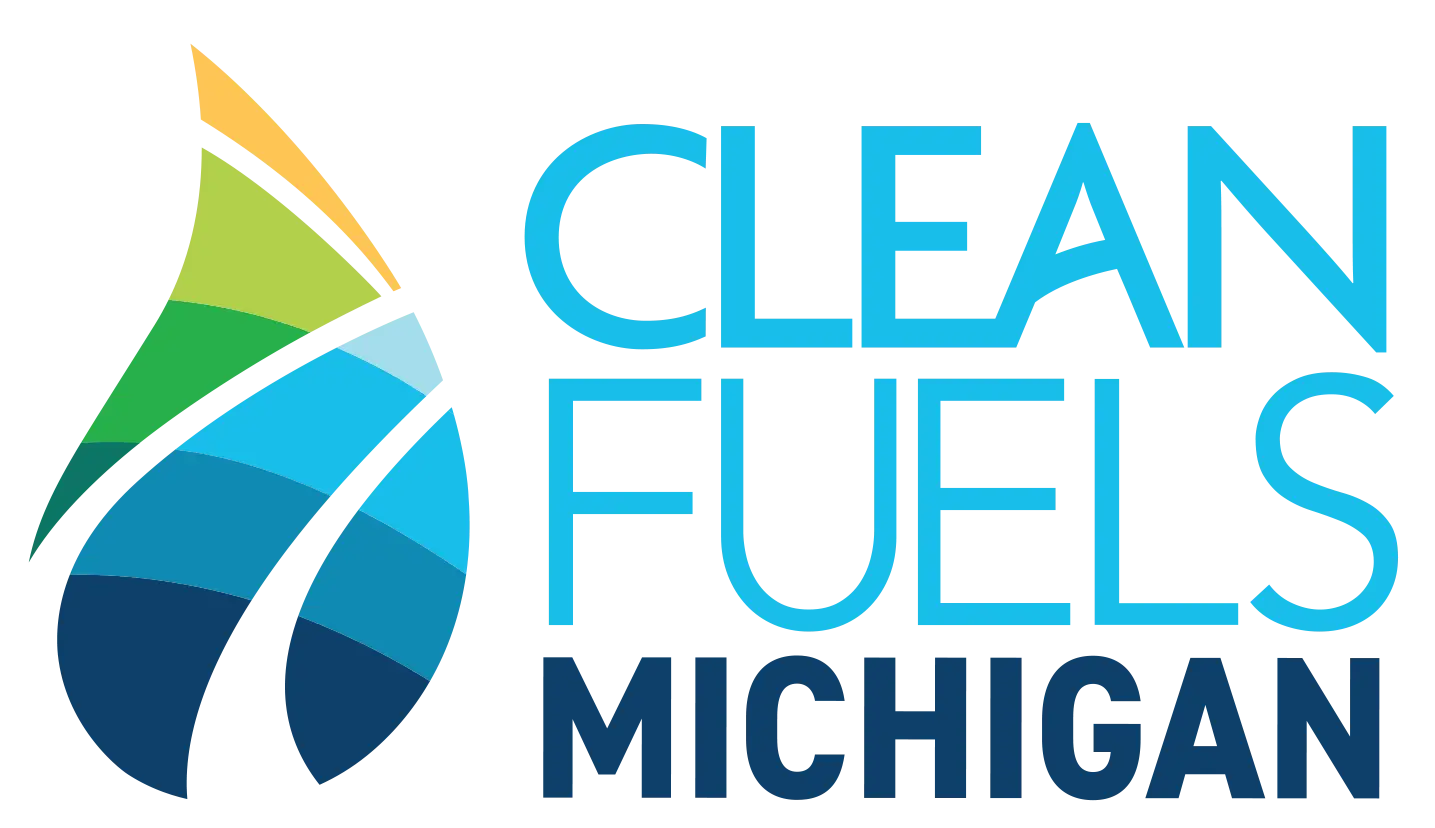Through tax incentives and substantial investments, the federal government envisions a remarkable 5-fold growth of the clean-hydrogen industry by the end of the decade. This rapid expansion will propel the United States toward achieving its decarbonization goals by providing clean energy solutions to sectors where electrification is currently impractical or economically unfeasible. Estimations indicate that the clean hydrogen sector could become a $140 billion industry, generating a staggering 700,000 new jobs by 2030. Recognizing the immense potential, Michigan is positioning itself to lead the nation in the clean hydrogen revolution by leveraging federal funding and enticing industry leaders to invest in the State.
Demonstrated Hydrogen Leadership in Michigan
Michigan has already made significant strides in the rapidly evolving hydrogen markets, as evidenced by the following notable achievements:
- Nel Hydrogen Facility: In a landmark move, Michigan announced its role as the future home to the nation’s first hydrogen electrolyzer manufacturing facility. This $400 million investment is expected to create over 500 new jobs. Electrolyzers are pivotal in producing ‘green hydrogen,’ an emission-free fuel, substantially contributing to a sustainable future. Manufacturing at this cutting-edge facility is projected to commence as early as 2025.
- Flint MTA: Michigan’s proactive approach to clean hydrogen is evident in transportation. The Flint Mass Transportation Authority (MTA) has already retired its diesel buses and replaced them with clean hydrogen buses, exemplifying the potential for carbon emission reduction. Moreover, clean hydrogen presents a viable alternative for difficult-to-decarbonize transportation segments, such as medium- and heavy-duty vehicles, responsible for nearly a quarter of all transportation emissions. By expanding the availability of clean hydrogen, Michigan aims to foster cleaner and more sustainable shipping, logistics, and fueling options for freight trains, marine fleets, and aviation.
- Hydrogen Hub Applications: Michigan’s clean hydrogen industry is benefiting from various federal investments. The Inflation Reduction Act (IRA) introduced a significant tax credit for clean hydrogen producers, while the Bipartisan Infrastructure Law (BIL) earmarked $8 billion for establishing up to 10 regional clean hydrogen hubs. Michigan’s Infrastructure Office actively supports two project applications for the Department of Energy’s Clean Hydrogen Hubs Program – the Midwest Alliance for Clean Energy (MachH2) and the Great Lakes Clean Hydrogen Hub. Full applications were submitted in April, with the recipients of this funding expected to be announced by the Department of Energy in the fall. The BIL also included $1.5 million for research and development of clean hydrogen technologies, a valuable resource for Michigan’s pursuit of clean hydrogen leadership.
Opportunities to Strengthen Policy Support for Clean Hydrogen
To cultivate an environment conducive to innovation, investment, and sustained growth of clean hydrogen in Michigan, the State should implement policies that complement federal funding opportunities. Several avenues can be explored to encourage the growth of the clean hydrogen supply chain:
- Incentive Programs: Financial incentives for developing clean hydrogen production facilities or state tax credits for businesses involved in the industry will undoubtedly expedite the adoption of clean hydrogen technologies.
- Research and Development Funding: Leveraging the expertise of Michigan’s universities and allocating funds for hydrogen technology research and development will spur innovation in hydrogen production, storage, and implementation.
- Public-Private Partnerships: Encouraging partnerships between the government, private sector, and academic institutions will attract investments and accelerate the growth of the clean hydrogen industry.
- Infrastructure Buildout: Offering grants or subsidies for the installation and operation of hydrogen fueling stations will encourage the expansion of a hydrogen fueling network, making clean hydrogen a viable fuel for both public and private use.
Hydrogen has already demonstrated its potential as a sustainable energy source, particularly for industries that have historically posed significant challenges to decarbonization efforts. Michigan’s ambitious environmental goals can be achieved by embracing the growth of the clean hydrogen industry, which promises expanded economic opportunities, more fueling options, and improved public health. To fully realize the potential of this versatile energy source, the State of Michigan should continue exploring opportunities to incentivize clean hydrogen growth and position itself as a trailblazer in the clean energy revolution. By doing so, Michigan can lead in shaping a cleaner and more sustainable future for generations to come.
